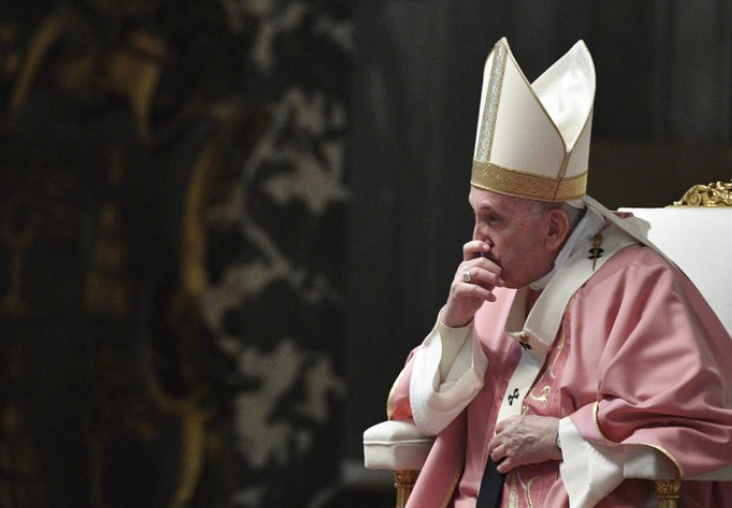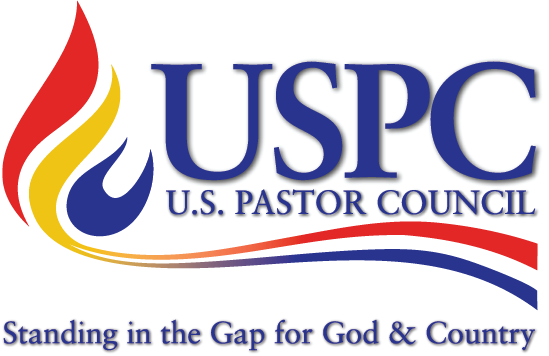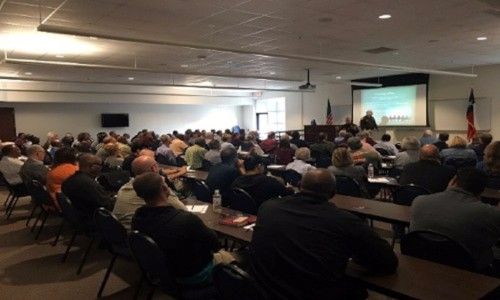
The Vatican declared Monday that the Catholic Church won’t bless same-sex unions since God “cannot bless sin.”
The Vatican’s orthodoxy office, the Congregation for the Doctrine of the Faith, issued a formal response to a question about whether Catholic clergy have the authority to bless gay unions. The answer, contained in a two-page explanation published in seven languages and approved by Pope Francis, was “negative.”
The note distinguished between the church’s welcoming and blessing of gay people, which it upheld, but not their unions. It argued that such unions are not part of God’s plan and that any sacramental recognition of them could be confused with marriage.
The note immediately pleased conservatives, disheartened advocates for LGBT Catholics and threw a wrench in the debate within the German church, which has been at the forefront of opening discussion on hot-button issues such the church’s teaching on homosexuality.
Francis DeBernardo, executive director of New Ways Ministry, which advocates for greater acceptance of gays in the church, predicted the Vatican position would be ignored, including by some Catholic clergy.
“Catholic people recognize the holiness of the love between committed same-sex couples and recognize this love as divinely inspired and divinely supported and thus meets the standard to be blessed,” he said in a statement.
The Vatican holds that gay people must be treated with dignity and respect, but that gay sex is “intrinsically disordered.” Catholic teaching says that marriage is a lifelong union between a man and woman, is part of God’s plan and is intended for the sake of creating new life.
Since gay unions aren’t intended to be part of that plan, they can’t be blessed by the church, the document said.
“The presence in such relationships of positive elements, which are in themselves to be valued and appreciated, cannot justify these relationships and render them legitimate objects of an ecclesial blessing, since the positive elements exist within the context of ..."

